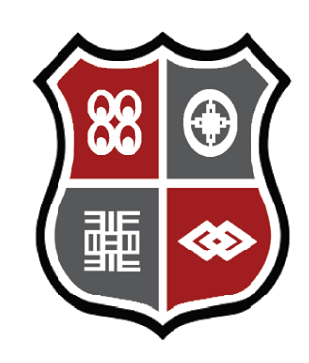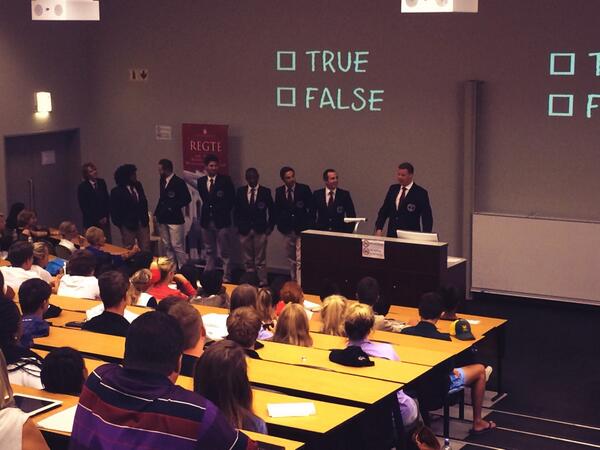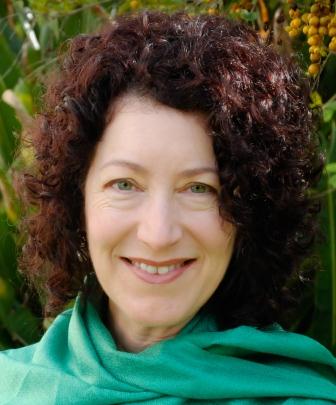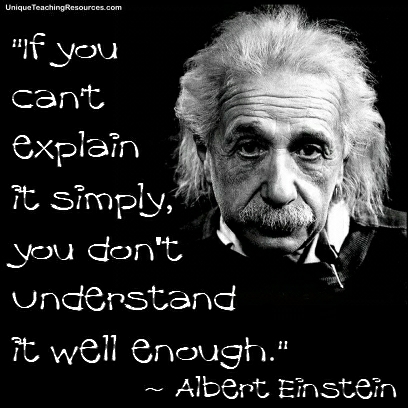Expanding Our Classroom Walls: Enhancing Teaching and Learning
Copyright (c) 2005 Legal Writing Institute
Legal Writing: The Journal of the Legal Writing Institute
2005
Copyright (c) 2005 Legal Writing Institute
Legal Writing: The Journal of the Legal Writing Institute
2005

Call for Papers
05/02/2013
The South African Student Law Review (SASLR) is pleased to formally announce the acceptance of submissions for its inaugural issue. Submissions are open to any law student, at any level of study, at any university in Africa. SASLR has been established to provide law students with a platform from which students can formulate and express original, relevant and constructive thought. The SASLR is an
academic forum that fosters greater dialogue on subjects that extend further than the confines of any law school curriculum.
Students are therefore challenged to discover the boundless freedom afforded to thought and perspective, and are encouraged to deliver such thought in a compelling, scholarly manner.
The primary aims of this journal is to instil a sense of belief and confidence in students, an understanding of the myriad possibilities of the application of the law, and to facilitate greater interaction between all who participate on the topics and fields to which students will devote their lives in humble service. The journal welcomes articles on any topic of law that is relevant, original, well researched,
and that preferably does not form part of the traditional law school curriculum. For topic suggestions, news and updates, please refer to the SASLR website.
Final Submission Deadline: 1 August 2013
Submission Guidelines: Depending on the year of study, article manuscripts should range from 5 pages to 25 pages.
Visit the website for complete submission guidelines, suggested topic areas, and to submit an article: http://www.saslr.co.za
Please address all inquiries to: info@saslr.co.za

JOINT PRESS STATEMENT
by The South African Law Deans Association, The Law Society of South Africa
and the General Council of the Bar
LEGAL EDUCATION IN CRISIS?
Law Deans and the Legal Profession set to discuss refinement of LLB
degree
(more…)

Academic writing: History, herstory, your story
“We spend our years as a tale that is told” (Hofmeyr, 1993)
We all live out stories in our lives, and we understand our lives through the stories we live out, MacIntyre (1997) says. In the same vein our identity can be interpreted as a story we create about ourselves: my identity then depends on the story I choose and live out. Both story and identity are constructed through language: to be identified as a particular person (with a name, for example John), to have various characteristics attributed to oneself (such as kindness), and to refer to oneself (“I said…”, “I meant…”) mean that one is realised in language (Gergen, 1999). The world is shaped by and through language, according to André P. Brink (1998:14), “and most pertinently by and through language ordered as narrative”.

There has, in South African legislation, been a definite movement towards the use of plain language. For example, the South African National Credit Act, No. 34 of 2005 (the “NCA”) and the Consumer Protection Act, No. 68 of 2008 (the “CPA”) deal with and encourage the use of plain language. (more…)

What is Plain Language?
Is there a single, universally acceptable definition of plain language?
Here are a few examples of attempts that have been made to define plain language: